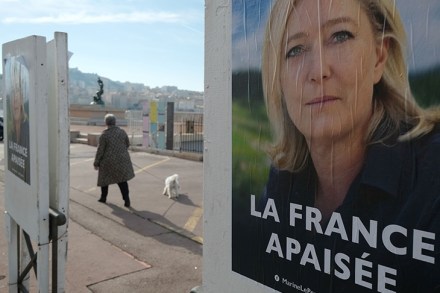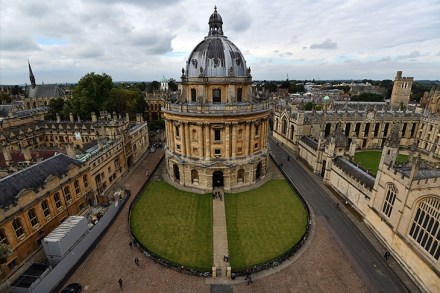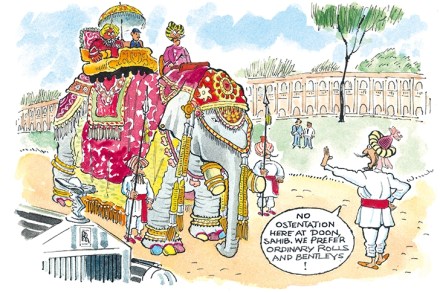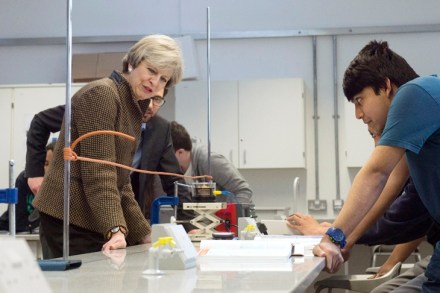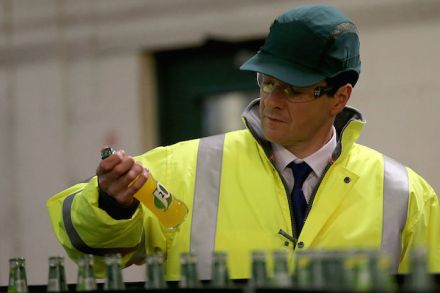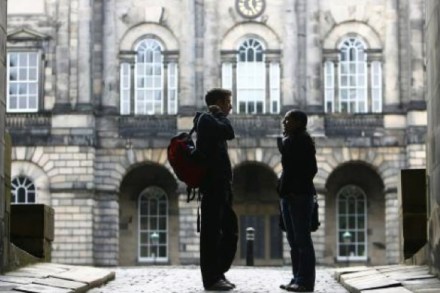The Government is doing nothing to tackle GCSE grade inflation
The whole purpose of changing the grading structure for GCSE exams was supposed to be to guard against the curse of grade inflation – whereby, over time, it becomes easier and easier to gain a good grade. How unfortunate, then, that the government has inflated the grades before the first exam results using the new system are published in August. The new scheme replaces the existing A – G grades. In future, candidates will be awarded a grade from 1 to 9, with 1 being the highest level of attainment and 9 being the lowest. The bottom of grade 1 is to be aligned with the bottom of old grade


